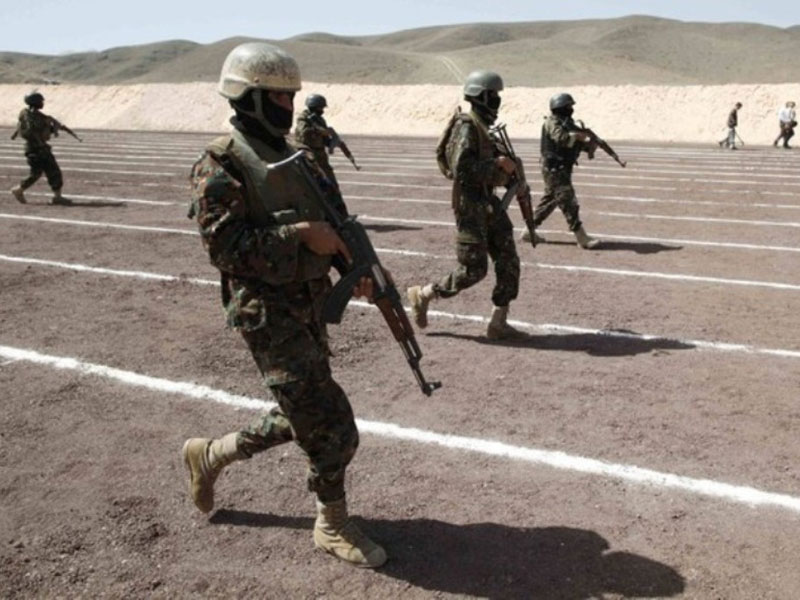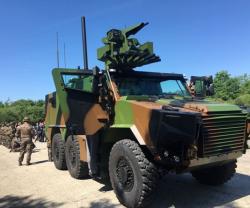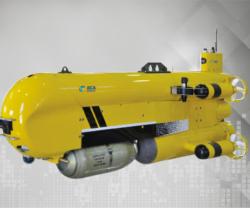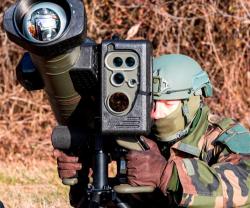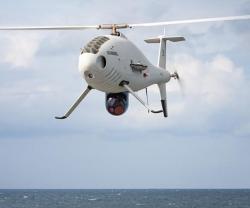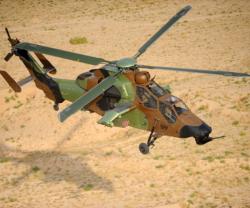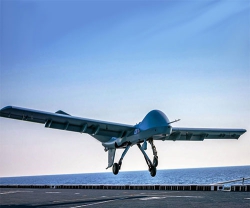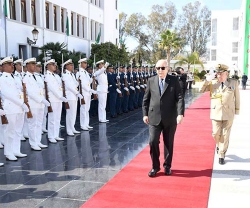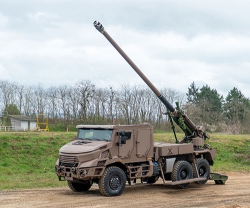Yemeni troops backed by Air Force planes attacked al Qaeda bastions in the south of the country on Tuesday to try to eradicate the Islamist militant group that has killed hundreds of people in Yemen since 2011.
The state news agency Saba said five local al Qaeda leaders, including one identified as Abu al-Qa'qa', were killed in the fighting. Five Yemeni soldiers were also killed, a local government official said.
Militants from al Qaeda in the Arabian Peninsula (AQAP) and its allies in the local Ansar al-Sharia group fled to the mountainous area in 2012 after Yemen's Army, backed by the United States, drove them out of cities they had seized in 2011.
The insurgents have posed a challenge to government efforts to restore stability to the U.S.-allied country since long-ruling president Ali Abdullah Saleh was forced to step down in 2012 after months of pro-democracy protests.
Hundreds of volunteers from a local militia known as the Popular Committees were taking part on the side of the Army in the new offensive, mounted less than two weeks after a series of air strikes killed 55 suspected militants in their main hideouts in southern Yemen.
The militants have carried out dozens of bombings, suicide attacks and commando-style raids against military installations, government facilities and foreign nationals.
On Tuesday, President Abd Rabbu Mansour Hadi said 70% of al Qaeda fighters were foreigners. “Whoever is doubtful of that among our brothers should go to the morgues in hospitals and see the corpses of people whose countries have refused to accept them. They're from Brazil, the Netherlands, Australia, France and various countries,” Hadi told graduates at the Police Academy.
Local sources said unmanned drone aircraft had been seen above the target areas before the strikes earlier this month. The United States acknowledges using drone strikes to target AQAP in Yemen but it does not comment on the practice.
The air strikes came after an online video was posted on the Internet showing AQAP leader Nasser al-Wuhaishi addressing a crowd of fighters in an undisclosed mountainous region of Yemen and vowing to attack the United States.
U.S. officials credit the drone strategy for the fact that AQAP is no longer able to control territory in Yemen as it did in 2011. But critics say the strikes and civilian casualties are increasing sympathy for AQAP and resentment against Washington.
Saudi Arabia also watches AQAP with concern, since the branch was founded by citizens of both countries and has sworn to bring down its ruling al-Saud family.
Meanwhile, British Foreign Secretary William Hague told a conference Tuesday that International donors must back Yemen's efforts to give al-Qaeda “nowhere to hide”.
But the “Friends of Yemen” meeting in London, which comprises 39 countries, said the government must push through political and economic reforms if it wants donors to speed up payments of aid to the impoverished Arabian Peninsula country.
Source: Reuters; Saba

